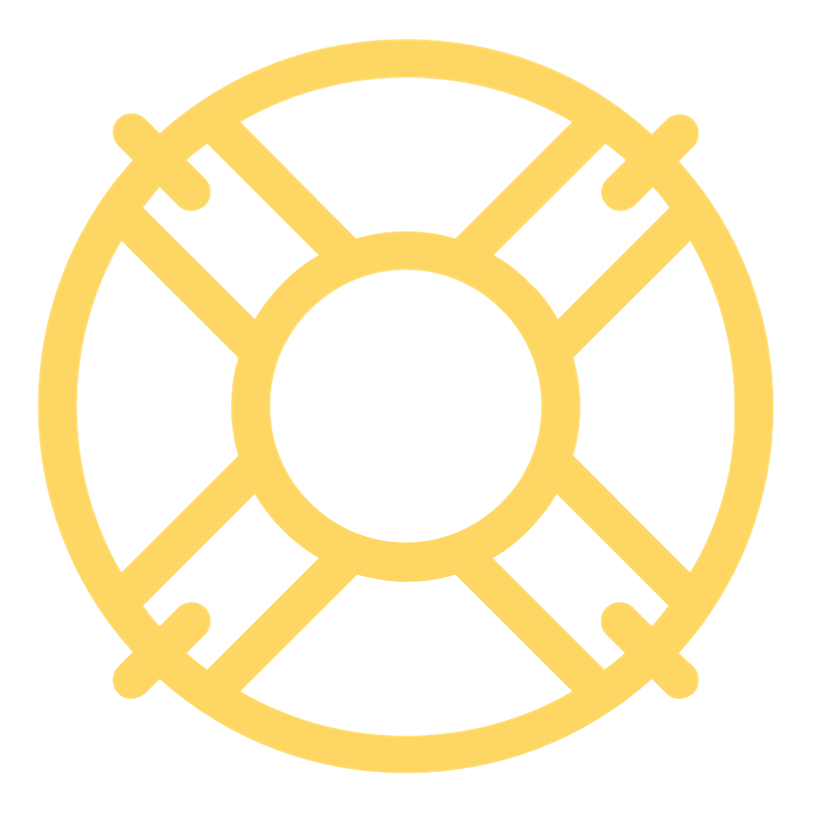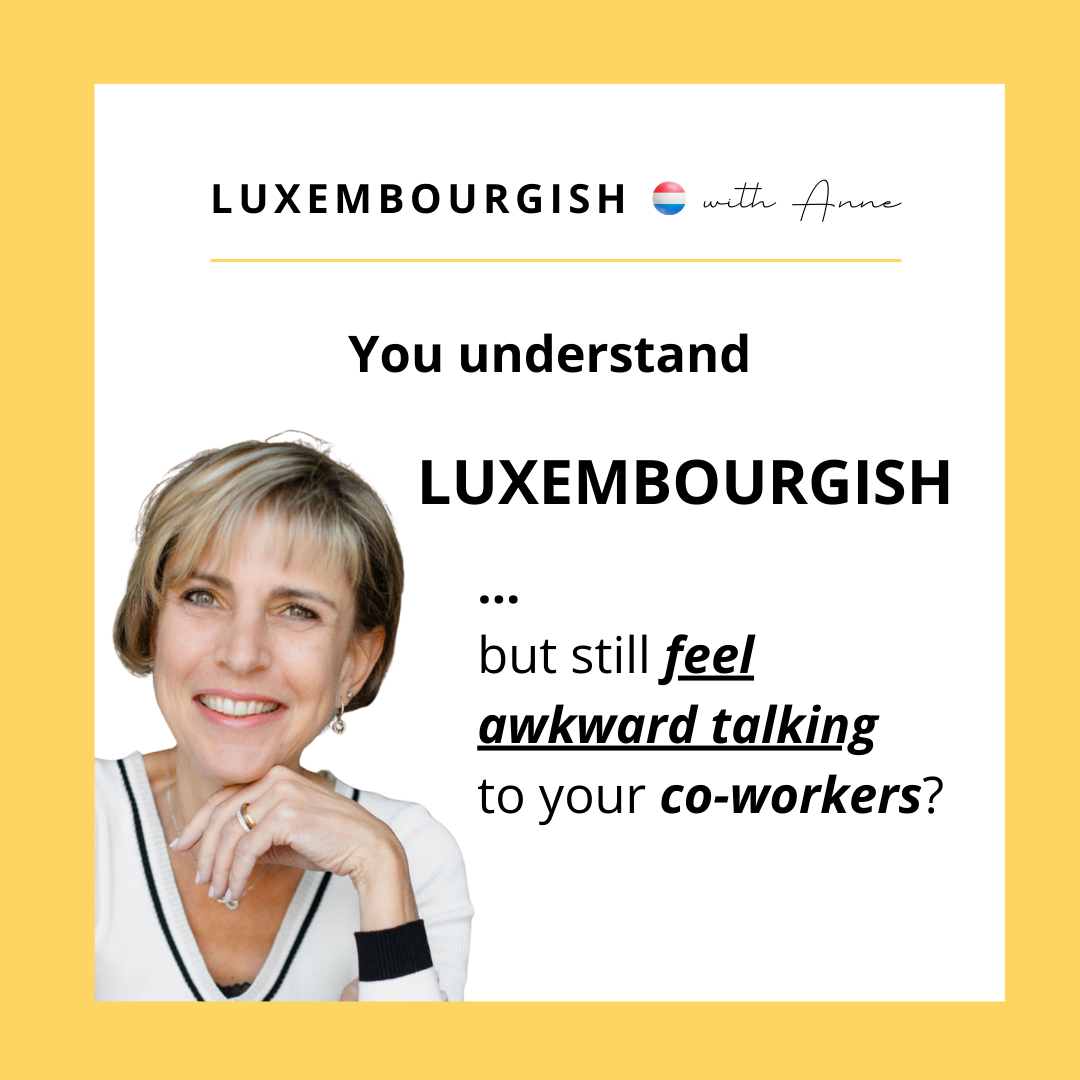Can you talk about your bike in Luxembourgish?
Cycling is part of everyday life in Luxembourg — whether it’s commuting to work, exploring the countryside or simply enjoying a Sunday ride at the Musel. But do you know how to describe your bike in Luxembourgish?
In this episode, we’ll learn some useful Luxembourgish words to talk about bicycles. 🚲
You’ll discover the names of a few main parts of a bike, some common accessories, and handy verbs to describe riding a bike.
By the end, you’ll be able to describe your own bike and use simple sentences to talk about cycling in Luxembourgish.

Let’s start with the basics
How to say I’m cycling:
- Ech fuere Vëlo.
- Ech fuere gär Vëlo – I like cycling
This is used to express the activity of cycling. But you can also say:
- Ech fuere mam Vëlo schaffen.
You heard that I added the word mam before Vëlo. This is used when referring to the means of transport:
- Ech fuere mam Vëlo schaffen – I go to work by bike.
- Ech fuere mam Vëlo an d’Stad. – I go to the city by bike.
Now that you know this let’s learn the different parts of a bike.

Déi verschidden Deeler vun engem Vëlo
Let’s start with de Guidon. De Guidon is used to steer the bike
Um Guidon ass normalerweis och eng Schell – eng Schell is a bell. So the bell is d’Schell – it’s feminine
Vir um Vëlo ass eng Luucht – In the front of the bike is a light.
And the light is d’Luucht.
Dann huet de Vëlo Bremsen – eng Brems vir an eng Brems hannen. So the bike also has brakes – one in the front and one in the back.
Eng Brems is singular and Bremsen the plural
And here I said vir which means in the front and hannen meaning in the back
And the action to brake is bremsen.
De Vëlo huet natierlech Rieder – Rieder are wheels: e viischt Rad an en hënnescht Rad
So e Rad is the singular of Rieder: a wheel. And e viischt Rad is a front wheel and en hënnescht Rad is a back wheel.
In the back of a bike you have the bike rack which is de Gepäckdréier. So you can say: Hannen um Vëlo hunn ech e Gepäckdréier.
And a bike has also a chain: eng Ketten. We use the same word for a necklace: eng Ketten.
To cycle you’ll need to push the pedals, right. A pedal is eng Pedall, an de Vëlo huet zwou Pedallen. You need to say zwou because Pedall is a feminine noun: zwou Pedallen.
To push the pedals is: an d’Pedallen drécken or you can also say pedalléieren – to pedal
And interestingly, in Luxembourgish we also have an …
👉Expression with Pedallen:
d’Pedalle verléieren — literally, to lose the pedals
We use this idiom to say that someone is overwhelmed or can’t keep up anymore, just like a cyclist who can’t find their pedals when things get too fast. Beispill:
Mäi Jong huet sou vill op der Uni ze léieren, ech mengen hie verléiert d’Pedallen!
My son has so much to study at university, I think he’ll lose the pedals! (meaning: he will be overwhelmed)
An all Vëlo huet e Suedel. De Suedel is the saddle.
If you have an e-bike also en Elekrovëlo you’ll have a battery which we call Akku, den Akku.
And to charge the battery use the verb oplueden: ech muss owes den Akku vum Vëlo oplueden
An net ze vergiessen: de Kask or den Helm which is the helmet. Kask and Helm are interchangeable. Du solls e Kask opsetzen fir Vëlo ze fueren. E Kask oder en Helm opsetzen – to put on an helmet.

Let’s recap the Vocabulary
I’ll say the word in English and you’ll try to say it in Luxembourgish
- de Guidon (masc) – the handlebars
- d’Schell (fem) – the bell
- d’Luucht (fem) – the light
- d’Brems (fem) – the brake
- d’Bremsen (plu) – the brakes
- bremsen – to brake
- d’Rad (neut) – the wheel
- d’Rieder – the wheels
- de Gepäckdréier . the bike rack
- eng Pedall (fem) – a pedal
- d’Pedallen (plu) – the pedals
- De Suedel (masc) – the saddle
- Den Akku (masc) – the battery
- De Kask/ Helm (masc) – the helmet

Let’s practice*:
Try to say these sentences in Luxembourgish
- My bike has a light in the front and also in the back.
- I like cycling on Sunday mornings.
- I have to put on my helmet to cycle.
*Léisungen:
- Mäi Vëlo huet vir an hannen eng Luucht.
- Ech fuere gär sonndes moies Vëlo.
- Ech muss mäi Kask/Helm opsetzen fir Vëlo ze fueren.




